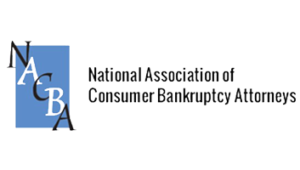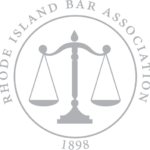Debt settlement company advertisements are everywhere. They sound appealing: who wouldn’t want to settle their debt for pennies on the dollar? Most everyone would rather erase their debts without having to file for bankruptcy—but do debt settlement companies promise more than they can deliver?
It’s important to understand that most of the advertisements are dramatized and do not represent typical results. The smiling characters on the TV screen are usually not actual clients sharing personal experiences, but actors voicing what may be “possible”.
Sending a monthly check to a far away debt settlement company usually does not end well. One of the first signs of trouble is that the company in question does not have a local office.
If you truly need help budgeting or drafting a repayment program, you would do well to work with a legal/financial adviser from your own community. In fact, calling a reputable local bankruptcy lawyer should be your first step in making sense of your debt-relief options. Even if your situation does not require a bankruptcy solution, a good bankruptcy lawyer can explain non-bankruptcy options and make sure you don’t become a victim of a debt settlement scam.
Also, be sure to never sign a contract or start any debt repayment program until you have had it thoroughly examined by a qualified bankruptcy lawyer. Too many people have thrown away valuable time and money on unworkable debt repayment plans. Even those who may be successful in settling a debt, need to be prepared to pay income tax to the IRS on the amount of debt forgiven. A 1099-Misc income form will likely be sent to you before your next tax filing.
If you are struggling with excessive unsecured debt, it is important to understand how a Chapter 7 bankruptcy may help. It is the most common form of consumer bankruptcy and only takes 90 days to complete.
For each case filed, the Rhode Island Bankruptcy Court assigns a trustee and schedules a meeting of creditors. This private meeting occurs thirty days into the process and does not take place in a courtroom. At the creditor meeting, the debtor is asked a series of questions by the trustee in order to make sure the debtor’s petition is complete, accurate, and truthful. These question and answer sessions are quite short, and most trustees can conduct six or so of these meetings in a half-hour. After the meeting, sixty days remain before debts are wiped out.





